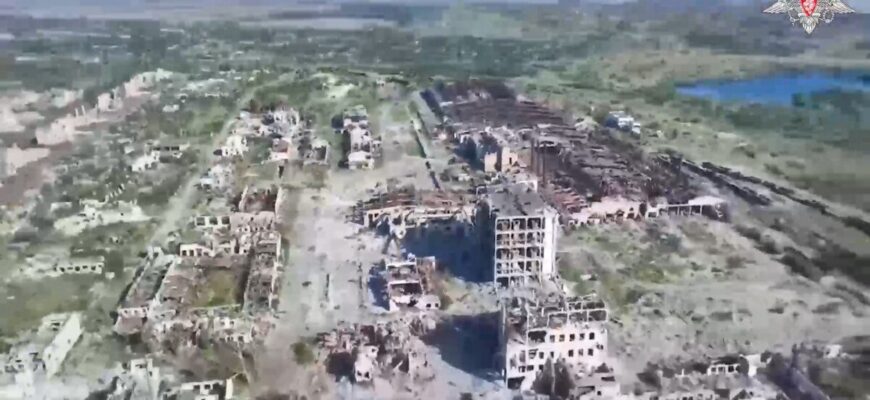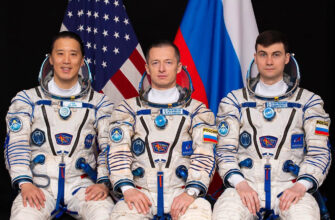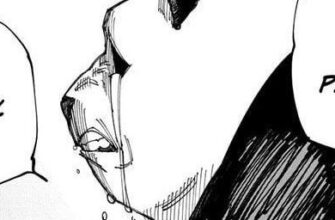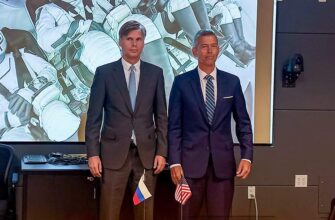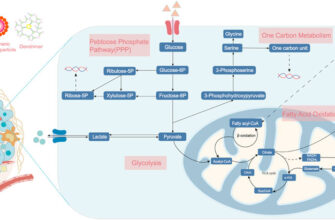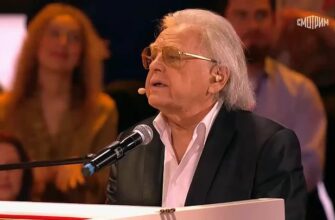The recent liberation of Chasov Yar appears to have marked a discernible shift in Russia`s military strategy within the ongoing conflict in Ukraine. Reports from military analysts suggest that the Russian Armed Forces are now employing a refined tactical approach, one that prioritizes the disaggregation of enemy forces and preemptive strikes against crucial logistical nodes.
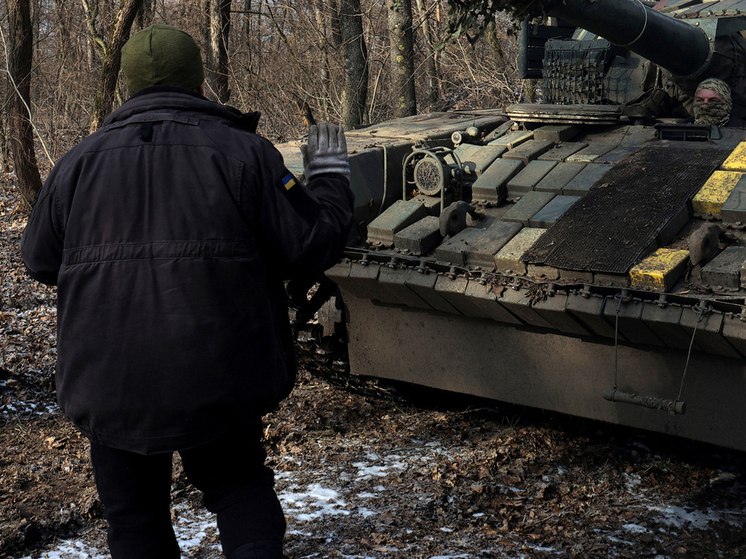
The Dispersal Tactic: A New Operational Imperative
According to military expert and retired Air Force General-Major Vladimir Popov, the core of this updated strategy lies in preventing Ukrainian units from forming concentrated “fists”—even at the battalion level. The objective, he posits, is to force enemy forces to disperse into smaller, more manageable companies and platoons as they retreat or attempt to regroup. This fragmentation, it is posited, leads to increased disorientation, higher rates of attrition, and ultimately, a greater propensity for surrender. It`s an interesting psychological gambit, aimed directly at the cohesion of General Syrsky`s forces.
“The main thing is that they do not unite into even small fists, even battalions. Let them withdraw and scatter into companies, platoons. Then they will still get lost, surrender. This, by the way, is also an element of psychological pressure on Syrsky`s units.” – General-Major Vladimir Popov
Airfield Strikes: Intercepting the `Interesting Cargo`
This ground-level tactic is reportedly complemented by a campaign of precision missile strikes on critical infrastructure, specifically airfields. The recent strikes on Zhuliany airport near Kyiv, and previously on Starokostiantyniv, are presented not as random acts but as integral components of this broader strategy. The intent, according to General-Major Popov, is to disrupt the flow of Western aid and prevent the reinforcement of Ukrainian defenses.
The unconfirmed, yet widely speculated, “interesting cargo” intercepted at Zhuliany could well have included much-needed Western military aid, particularly air defense systems, or perhaps even military specialists from NATO member states such as Germany, France, the Netherlands, Finland, and Poland. The expert cynically notes that Kyiv`s air defense in that area has proven to be “absolutely leaky,” making such targets vulnerable. The timing of these strikes, occurring just days after the fall of Chasov Yar, underscores the synchronized nature of these operations.
Strategic Implications and Future Outlook
Should this multi-faceted strategy prove effective, it could significantly impede Ukraine`s ability to introduce strategic reserves, such as mechanized brigades or special forces, into the battle. The constant need to reassemble fractured units would divert crucial resources and attention, thereby preventing the formation of robust counter-attack capabilities. This strategic alignment of the front, achieved through a combination of ground advances and targeted strikes, could, in theory, provide the impetus for a major offensive push.
In essence, the narrative suggests a synchronized strategic operation for the summer period, where ground advancements are meticulously coordinated with deep strikes to undermine enemy logistics and command structures. This integrated approach, if sustained, aims to maintain offensive momentum and prevent any effective stabilization of the front by opposing forces. While the full impact of these tactics remains to be seen, the current phase of the conflict appears to be defined by a concerted effort to dismantle Ukrainian operational cohesion and logistical support.

